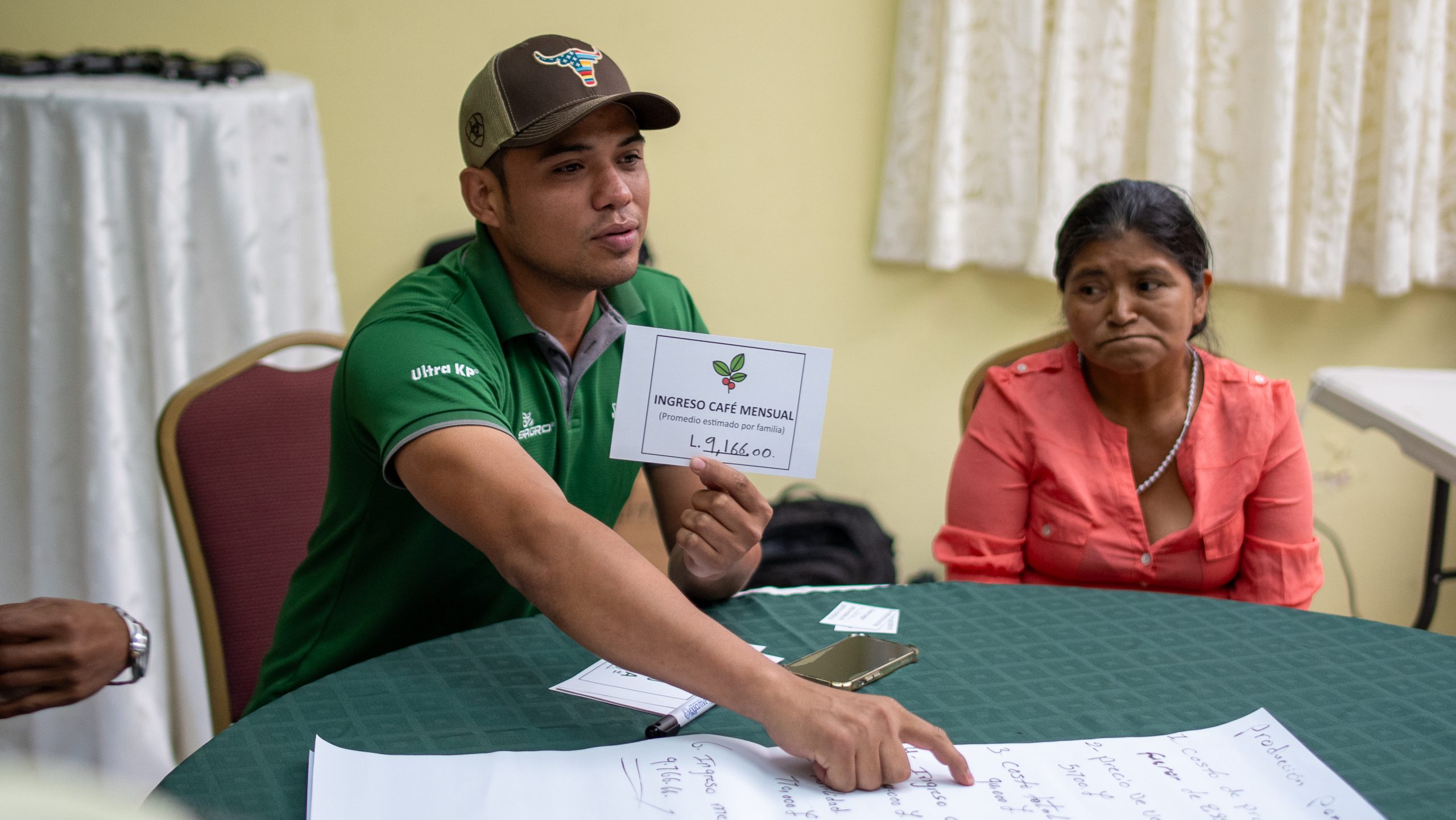Fairfood and Akvo launch open-source Farmer Income Data Toolkit: A step-by-step guide to living income action
Fairfood and Akvo today announced the launch of the Farmer Income Data Toolkit (FID Toolkit), a practical, open-source methodology designed to help agri-food organisations move from ambition to action on living incomes for smallholder farmers.
Companies across agri-food supply chains are under growing pressure from new regulations such as the EU Corporate Sustainability Due Diligence Directive (CSDDD) and the EU Deforestation Regulation (EUDR) to demonstrate real impact at the start of their chains. The Toolkit equips them to go beyond compliance, offering a transparent and farmer-centered way to measure and monitor progress from an income perspective.
The toolkit is the operational backbone of the Living Income Commodity Strategy, developed with Heifer International and funded by the Dutch Ministry of Foreign Affairs. It provides supply chain actors with a structured, modular process to:
- Measure farmer incomes and living income gaps
- Define a living income price (LIP) at farm, coop, or export level (Free on Board)
- Assess cost-yield efficiency (CYE) to identify farmer groups and targeted interventions
- Turn insights into actionable strategies with ready-to-use templates, scripts, and slide decks
- Facilitate sensemaking sessions that bring farmers, companies, and other stakeholders together to interpret the data and co-design solutions
“Living income has been on the agenda for years, but progress depends on practical, data-driven approaches that work in real farmer contexts. More importantly, it depends on all of us sharing where we are at so others can keep building on” said Sander de Jong, Managing Director at Fairfood. “Open-sourcing this model is our way of showing how reliable data and clear KPIs can make fair value distribution measurable and actionable. For companies, this means being able to monitor impact from an income perspective, while meeting new regulatory requirements in a credible way.”
Akvo brings over a decade of experience in designing data-driven methodologies that enhance farmer incomes and make agricultural supply chains more sustainable. “Designing a methodology that is both rigorous and practical requires not only technical expertise, but also years of testing and refinement with a wide range of organisations, supply chains, and farmers,” said Tom de Vries, Chief Executive Officer at Akvo. “The Farmer Income Data Toolkit reflects Akvo’s proven approach, shaped by lessons from real-world applications in coffee, cocoa, spices and shea. By open-sourcing this methodology, we aim to equip the sector with a reliable, field-tested way to generate actionable insights – moving beyond broad benchmarks to context-specific reporting that companies can trust and build on.”
The Toolkit builds on real-world application. In Honduras, Molinos de Honduras, a subsidiary of Volcafe, used the approach to reshape Volcafe Way, a programme designed to support smallholders. Akvo led the data collection and analysis, working closely with Molinos de Honduras to understand income patterns and highlight actionable insights. Once the data was interpreted, Fairfood went to the field to engage with farmers directly, validating the results and helping integrate them into local practices.

Together with Fairfood, we are integrating an income perspective into how we measure impact, so we can identify and support farmer groups that have been historically left out. The methodology equips us with clear gaps to be closed, and with a strategy that goes beyond yields to address farmer livelihoods.
“For years, we focused on quality and productivity as the main indicator of progress that could uplift farmers and the result of their work, ultimately elevating their incomes. That lens alone is no longer enough,” said Andrea Moncada, Sustainability & Special Projects, Molinos de Honduras. “Together with Fairfood, we are integrating an income perspective into how we measure impact, so we can identify and support farmer groups that have been historically left out. The methodology equips us with clear gaps to be closed, and with a strategy that goes beyond yields to address farmer livelihoods.”
The full Toolkit—including survey templates, R scripts, analysis guides, and case studies—is now available on GitHub.

